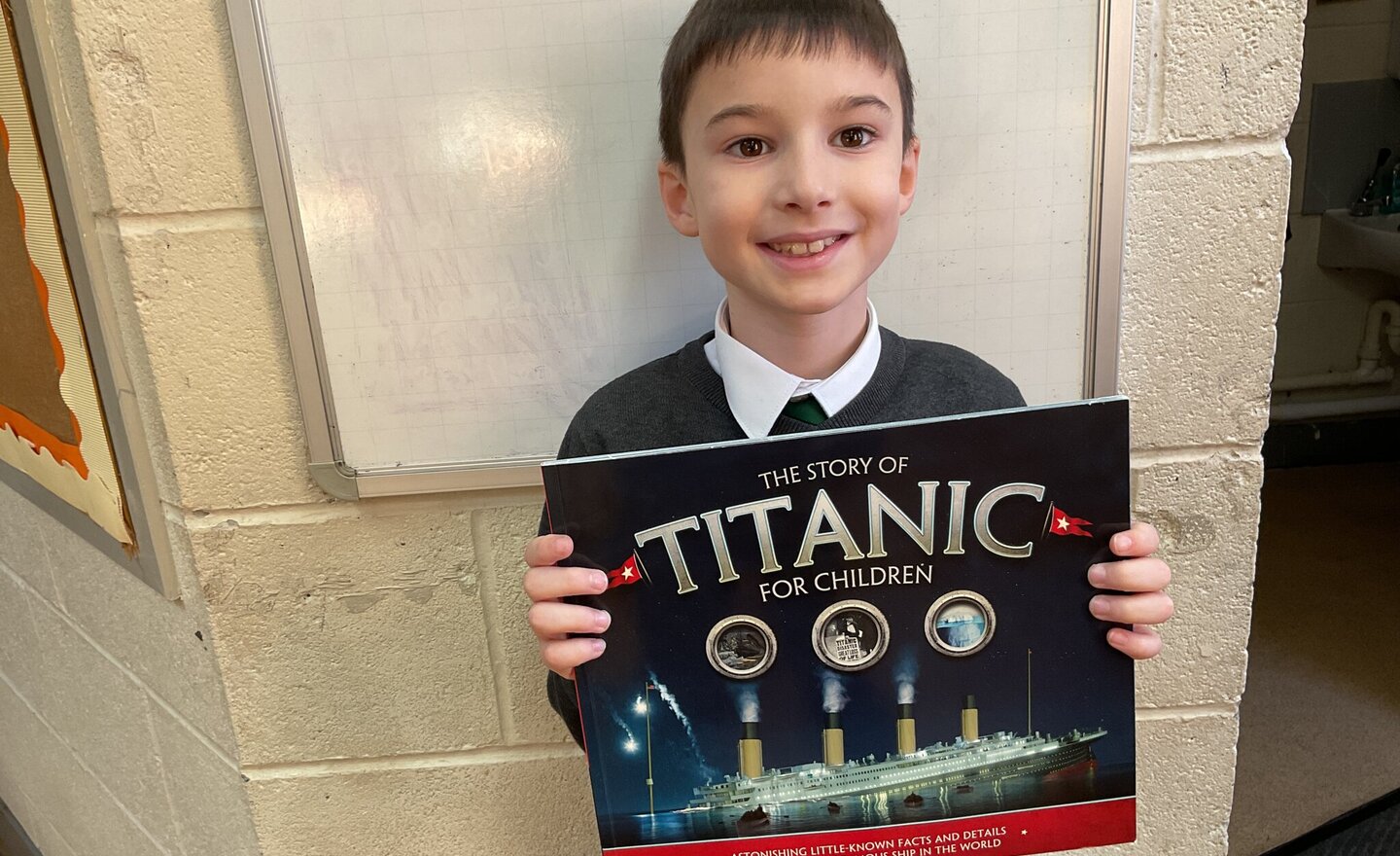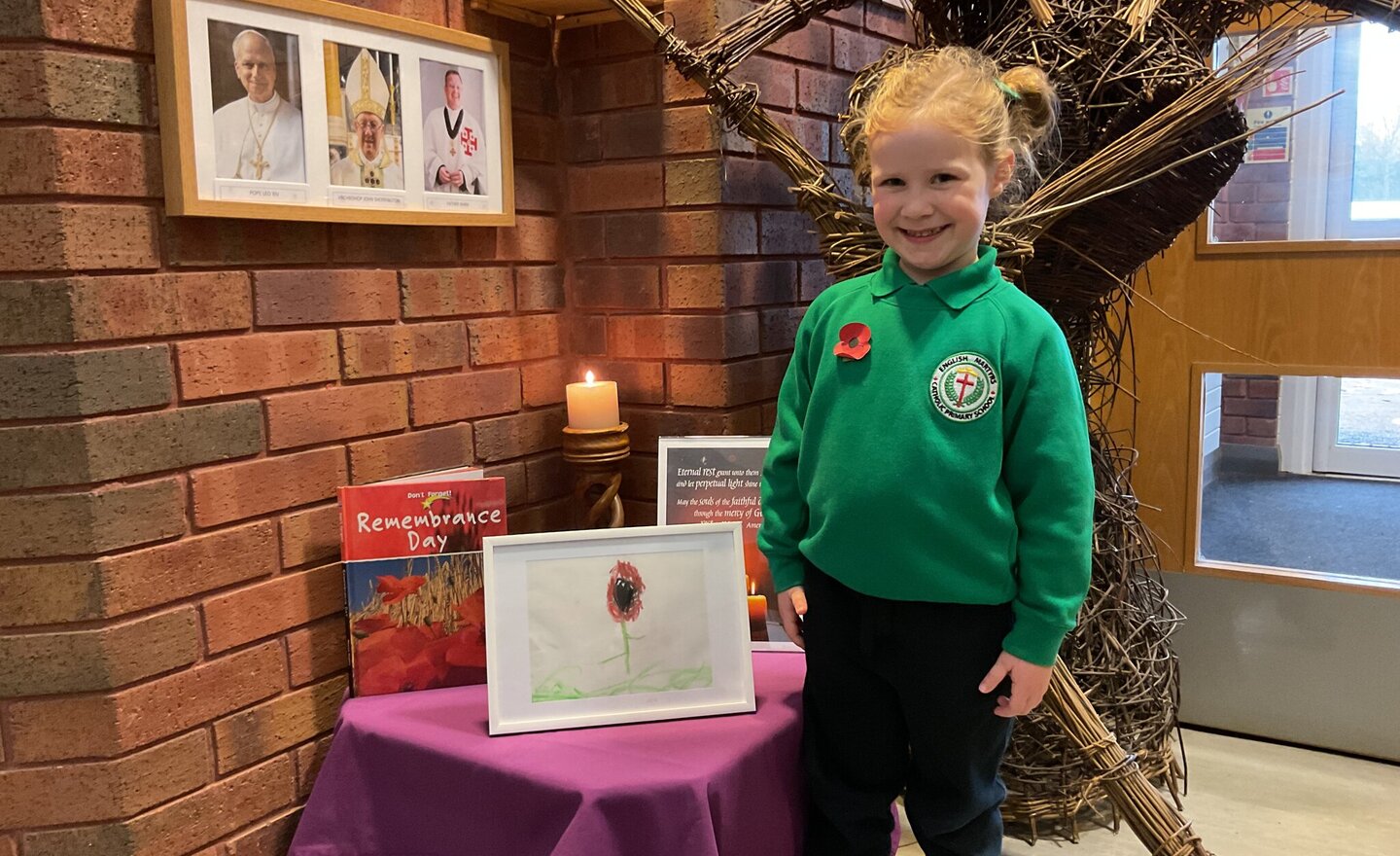“The more you know about the past, the better prepared you are for the future.”
- Theodore Roosevelt
Our Goal
At English Martyrs Primary School, we believe in providing a high-quality history curriculum accessible to all children, ensuring they know more, remember more, and understand more. Our history teaching helps pupils gain secure knowledge about significant people and events in Britain and the wider world. The curriculum is structured chronologically to build connections between current and previous learning. We focus on our locality to help children develop a sense of identity and understand how history has shaped their lives, using the local area to achieve curriculum outcomes.
We aim to spark curiosity about the past and equip children with the skills to explore their interests. History lessons focus on working as historians, with many opportunities for enrichment through historical visits. Our goal is to nurture caring, responsible, democratic, and tolerant members of the community who can make a positive difference in society.
How we teach History
Our history planning carefully maps out the progression of knowledge and understanding through "golden threads" or substantive concepts that run through each year group and cover a wide range of topics. This approach allows children to revisit and build on previous learning, exploring content in increasing depth and complexity.
Substantive Concepts:
Key knowledge and skills are mapped out to ensure progression between year groups. For example, topics like the Liverpool waterfront are revisited in different years with increasing depth. Each new topic references the chronology of previous topics. The phrase "meanwhile elsewhere..." is used to connect historical events globally.
Teachers use various teaching styles to develop pupils' knowledge and skills, ensuring lessons are accessible and challenging for all learners. Outcomes are regularly monitored to ensure understanding of key knowledge.
In the Early Years Foundation Stage (EYFS), we follow the ‘Development Matters in the EYFS’ guidance. Children explore the past through their environment, family history, and stories, talking about past and present events in their own lives and the lives of family members.
Impact
Our history curriculum helps pupils make sense of the present by learning about the past. Children gain historical skills and knowledge, enabling them to progress through the curriculum. They learn to think critically about history, communicate ideas confidently, and evaluate and challenge views using various sources.
Outcomes in history books demonstrate a broad and balanced curriculum and the acquisition of key knowledge.
Related Blog Posts
Why did the Vikings raid?
After learning about the Anglo-Saxons, the children looked at the Vikings arrival.
We discussed why the Vikings raided and explored misconceptions such as all Vikings were viscous.
Year 2 Titanic Masterclass
Today Year 2 took part in an online Titanic masterclass with many other schools. They were joined by Emma, Daniel and Nathan who talked about museums and the Titanic. They learnt lots of interesting facts about this famous ship and how, despite it never visiting Liverpool, it had strong links with…
‘We Remember’ 11 November 2025
Today we remembered the brave soldiers who fought in the wars. The children watched a CBeebies animation that sees war as experienced by animals in a field. The children have also loved making their own poppies using playdoh and buttons and pastels.
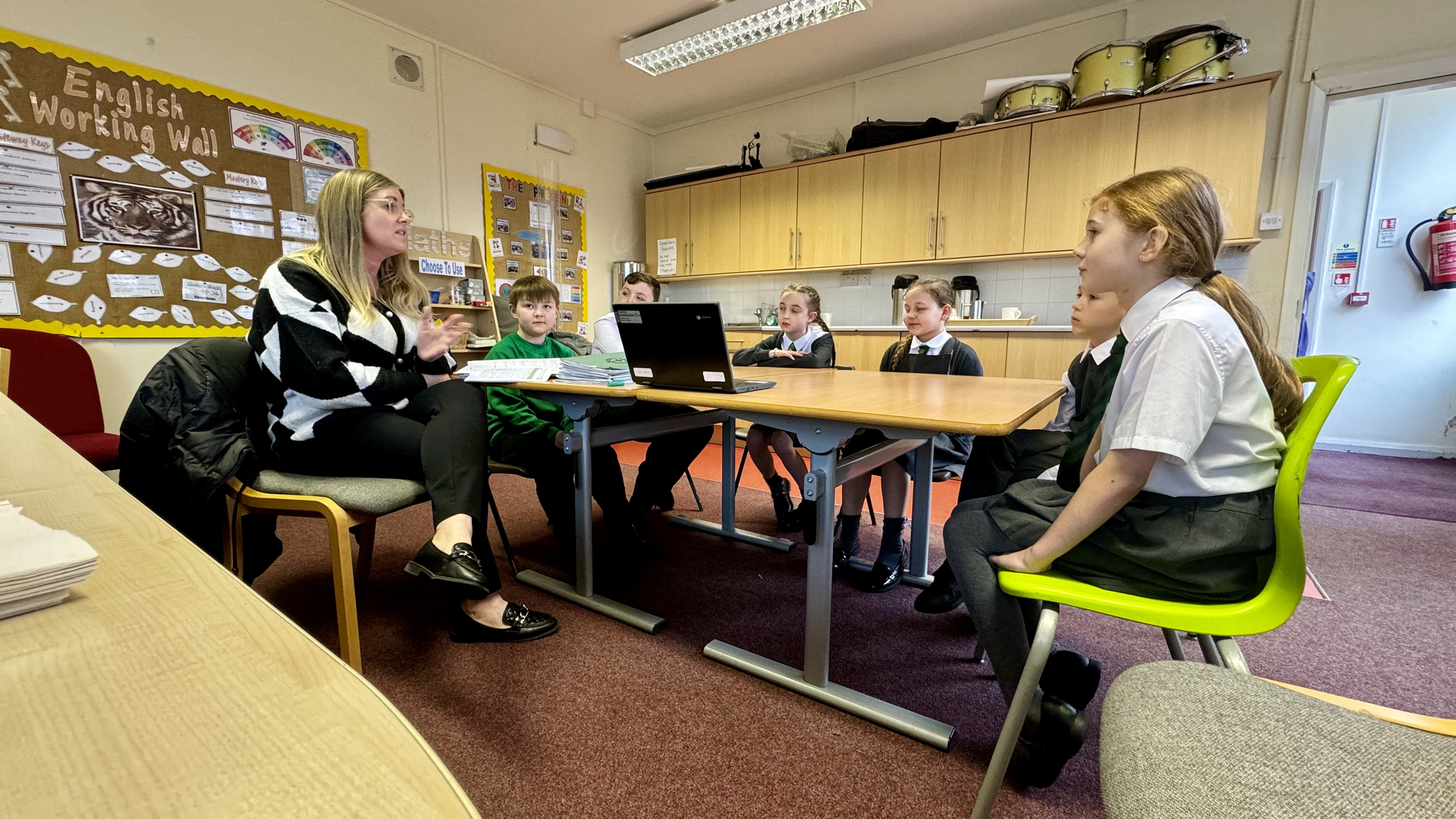
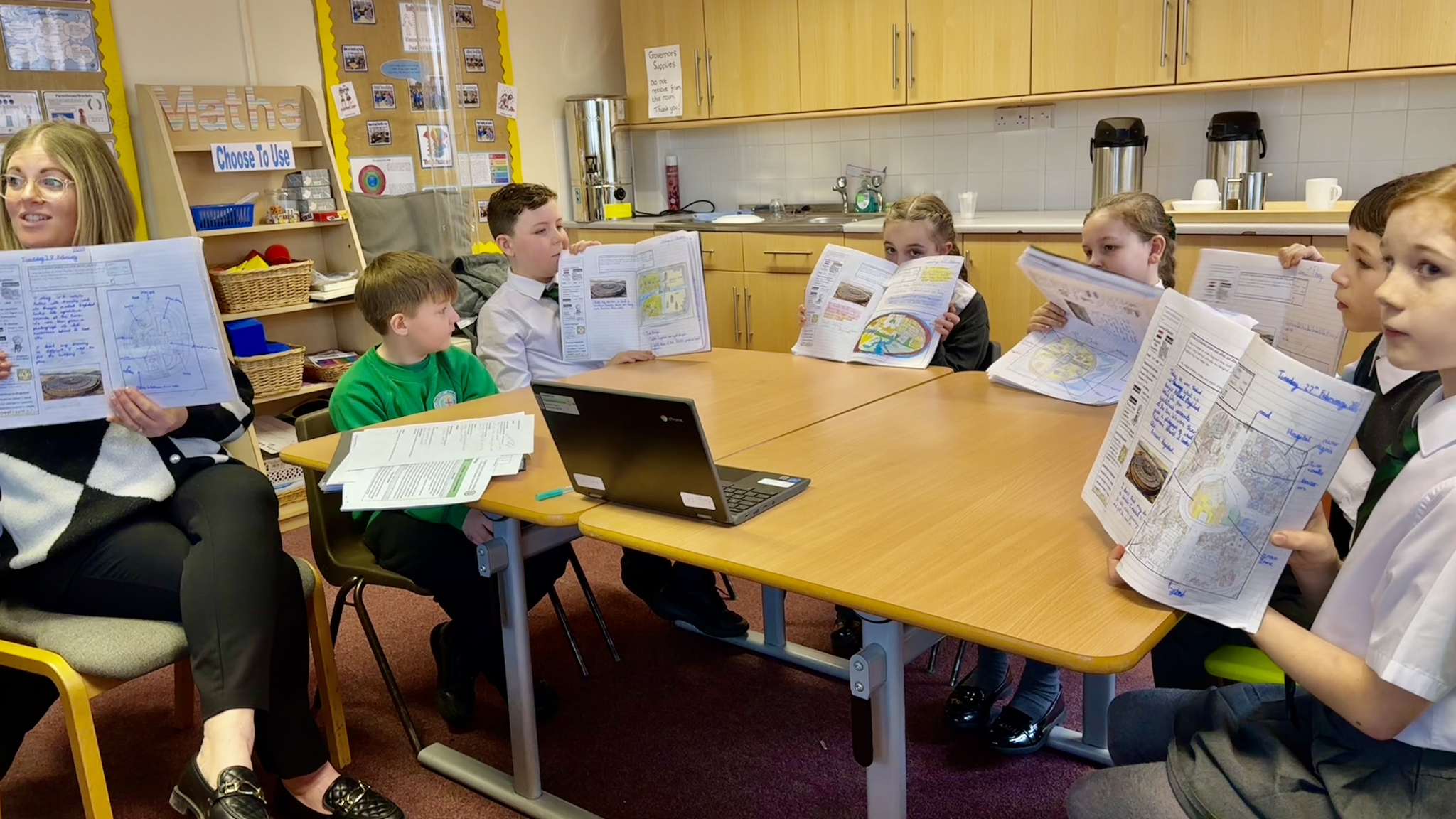
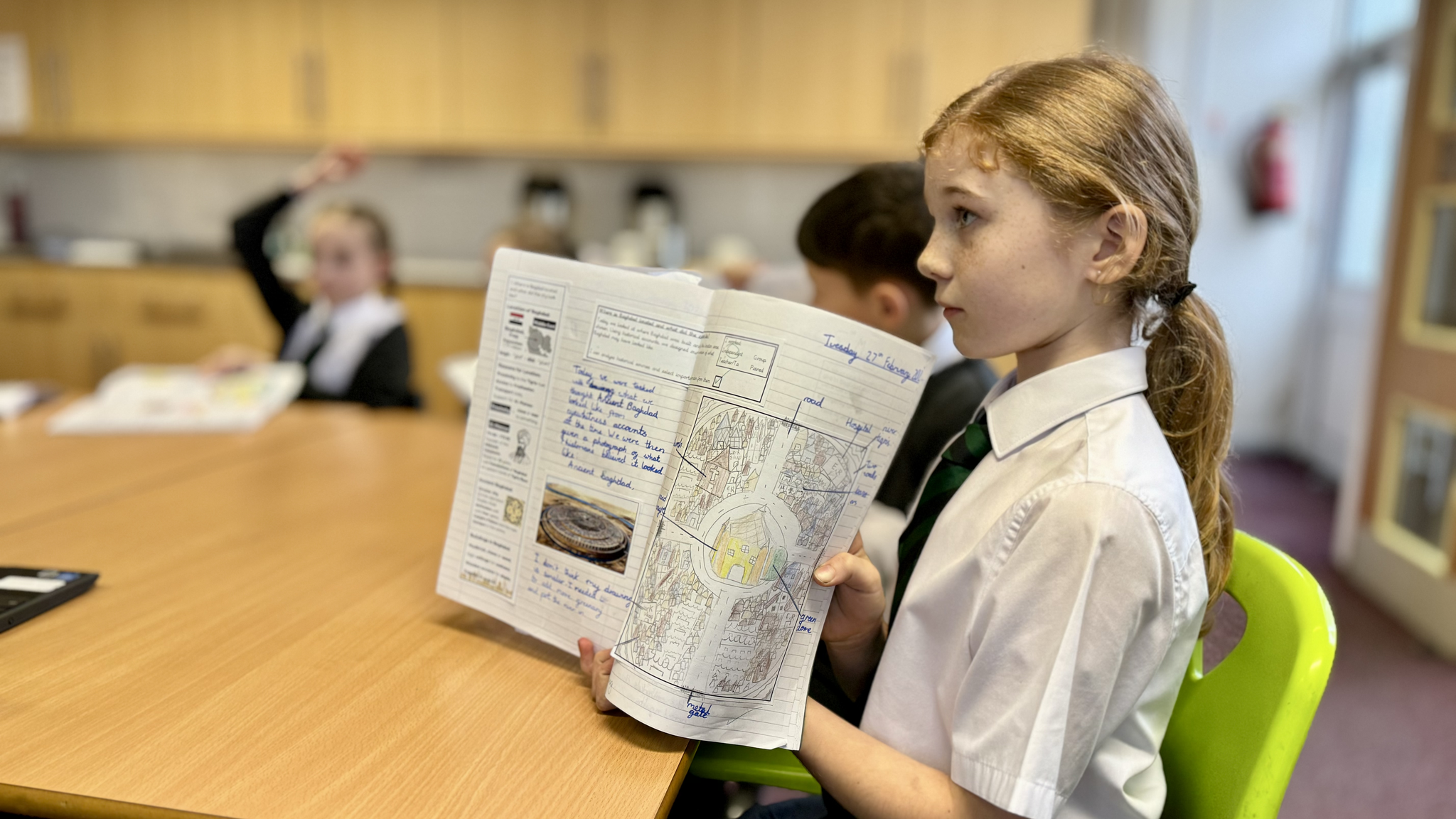

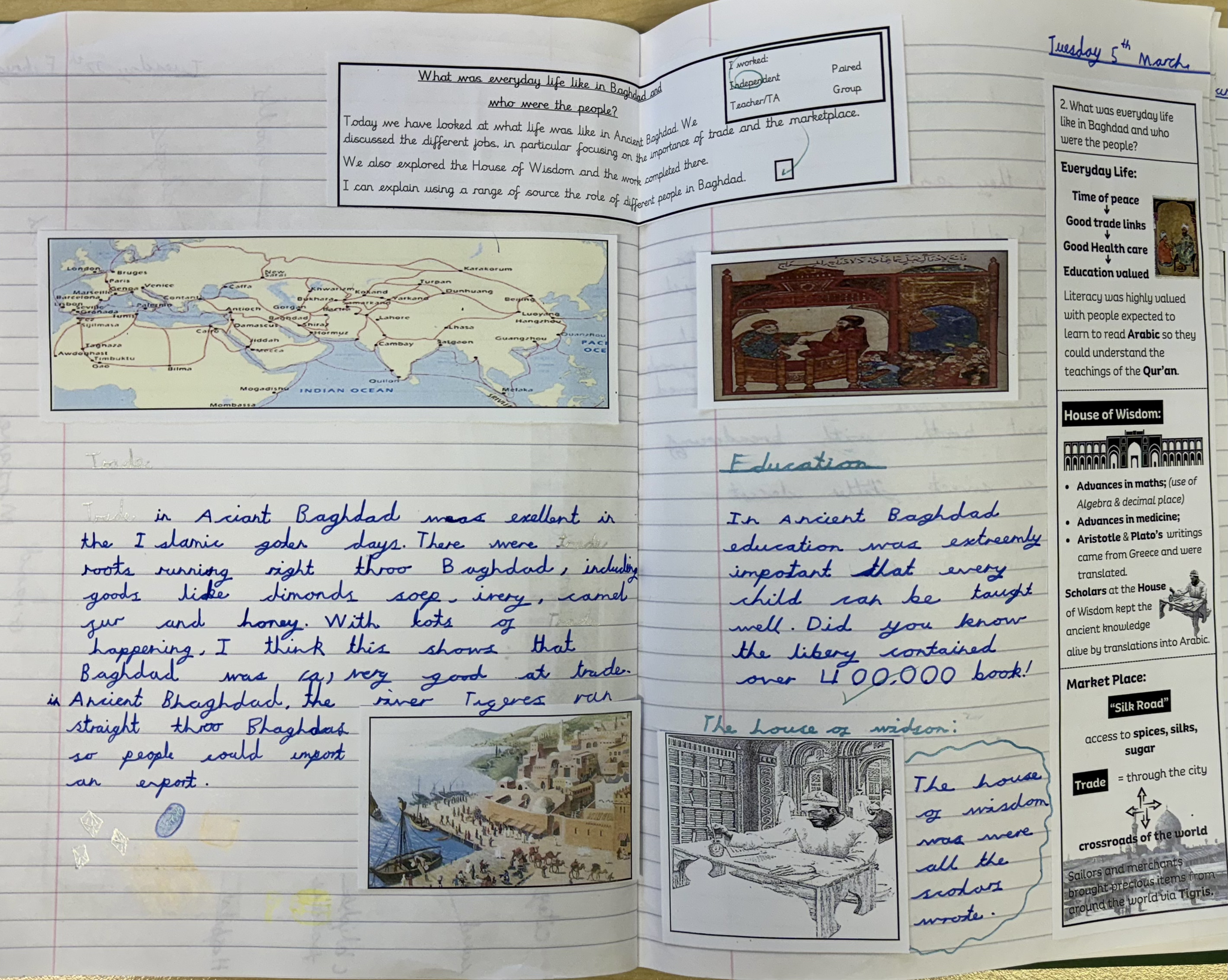
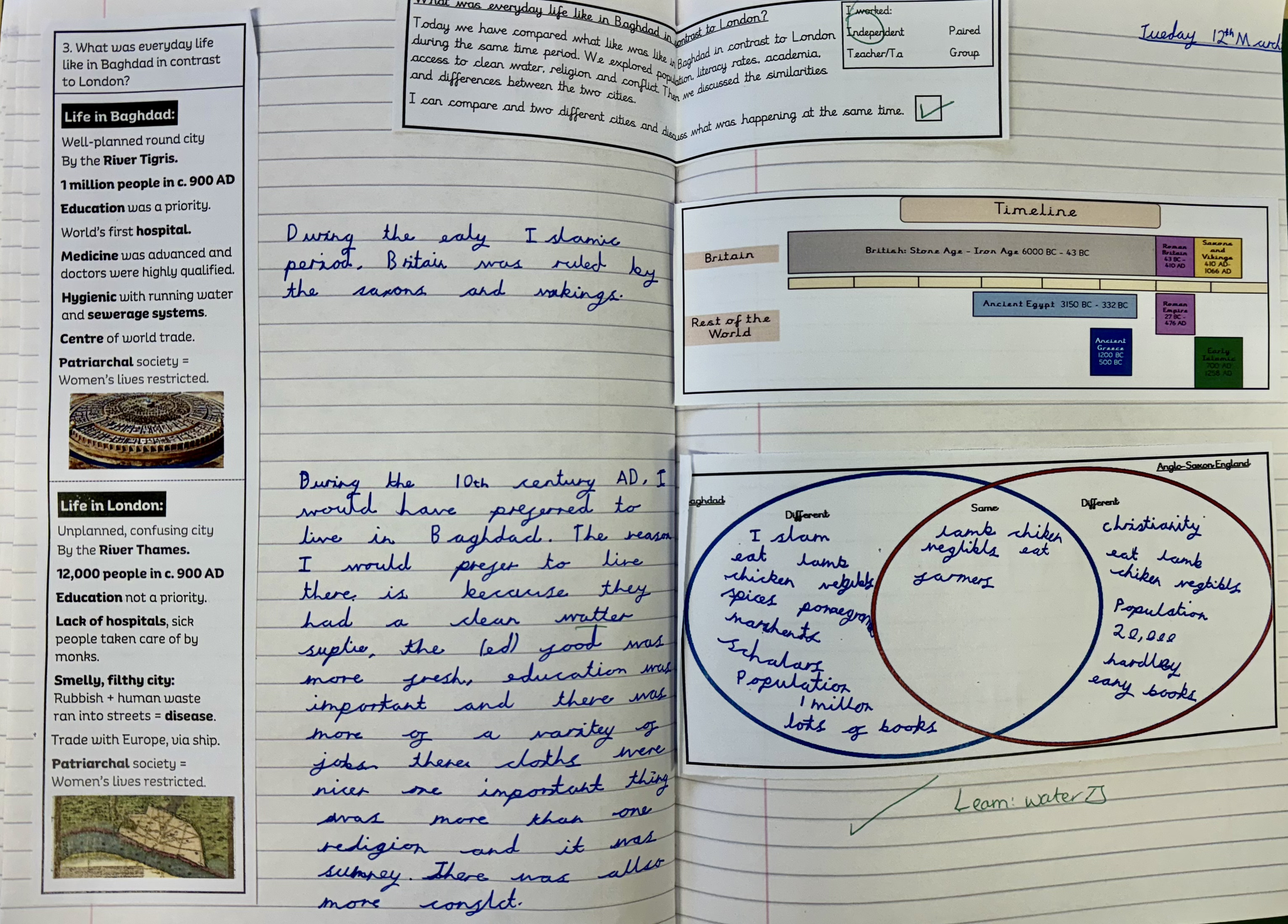
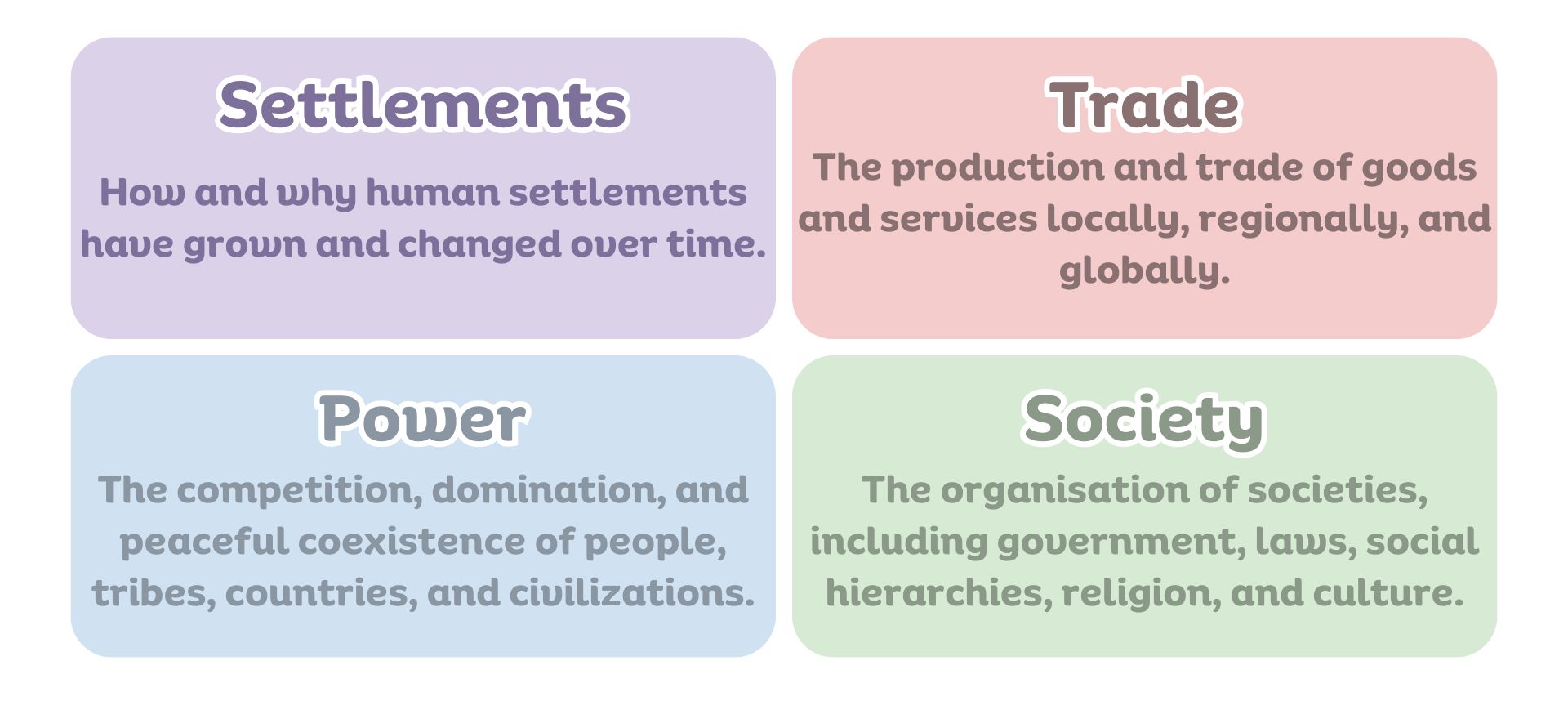
.jpeg)
